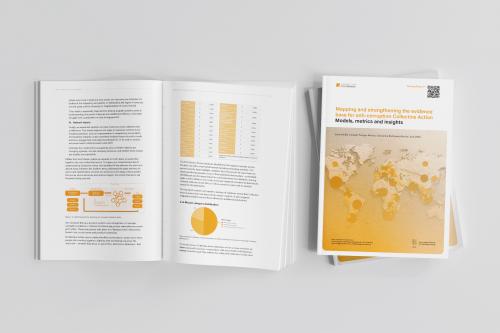Corruption in Public Administration: an ethnographic approach
Despite the growth in literature on political corruption, contributions from field research are still exiguous. This book edited by Davide Torsello, includes two chapters co-authored by Claudia Baez Camargo, head of the Institute’s research division. It provides a timely and much needed addition to current research, bridging the gap between macro level quantitative indicators of corruption and micro level qualitative evidence through an innovative ethnographic approach to the study of corruption and integrity in public administration. Claudia Baez Camargo’s two contributory articles highlight the key findings of field research conducted in Mexico and Tanzania as part of the Basel Institute's contribution to ANTICORRP.
For the Mexican Study, Baez Camargo and her co-author Rodrigo Megchún Rivera focus on local understandings of corrupt practices among indigenous groups in rural areas of Mexico. The findings link the exercise of particular communitarian practices and prevailing social norms among those groups to the lack of effectiveness of social accountability mechanisms in the Mexican health sector. Read more
For the Tanzanian study, conducted together with Richard Faustine Sambaiga, the authors explore the attitudes towards corrupt practices in the health sector among citizens in Dar es Salaam. The research revealed how trust in institutions and problem-solving strategies people employ to deal with high levels of corruption are some of the factors that need to be taken into account in the design of effective social accountability interventions. Read more
For more information on the book see the publisher's website.



